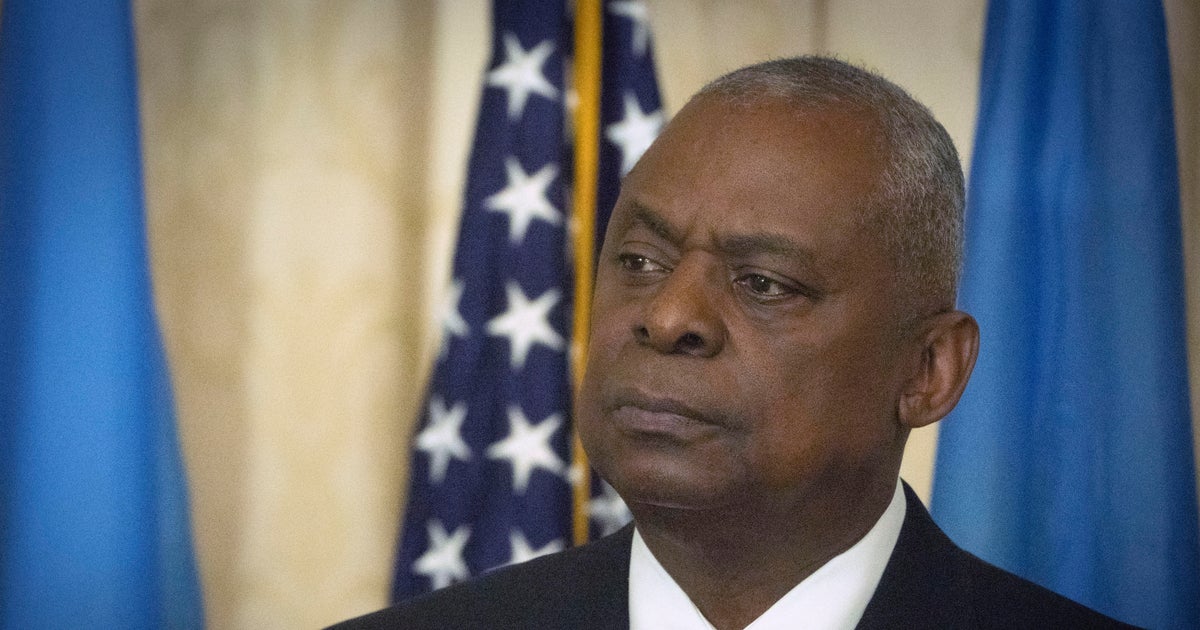Hannah Dreier wins Morley Safer Award for Outstanding Reporting for series on MS-13 gang violence
The Briscoe Center for American History at The University of Texas at Austin awarded Hannah Dreier the first annual Morley Safer Award for Outstanding Reporting. Safer had donated his papers to the center for research and scholarship, and the award is being given in partnership with the Safer family.
Dreier, who now reports for the Washington Post, won the award for her three-part series published by ProPublica, "Trapped in Gangland," which focused on immigrant families in Long Island, New York, plagued by MS-13 gang violence. She also won the 2019 Pulitzer Prize in Feature Writing.
"There was a strong consensus that Hannah Dreier was the person who deserved the award," said Don Carleton, executive director of the Briscoe Center and one of the judges, in an interview with CBS News. "We were all keen in making sure that the very first Morley Safer Award is kind of a landmark and should be representative of the kind of folks we will be looking for in the future."
Dreier's work resulted in three feature pieces investigating the ways that the MS-13 gang terrorized immigrant families in Suffolk County. "I learned the police were failing to stop the gang and take immigrant victims of the gang seriously," Dreier told CBS News. "Within the first week or so, people started telling me about MS-13 leaders kidnapping their 15-year-old daughter and not being able to get help by police. Kids were going missing and listed as runways and gang members had kidnapped them."
"So it became clear pretty quickly there was a real accountability story to be done," she added.
Each story brought to light the failings of an American community to deal with gang violence, incidents that sometimes ended in brutal murders.
Her first story chronicled the plight of a young MS-13 member who informed Suffolk County police about the gang to escape its clutches, but was deported back to El Salvador anyway. Another story documented one immigrant mother's plight to get justice for her murdered son by exposing the gang to police. Dreier's third article detailed how a Honduran immigrant was mistakingly labeled by police as an MS-13 gang member simply because of an illustration he drew in his notebook.
"On Long Island I saw a group of teenagers engaging in really sick violence and getting away with it for a really long time because of these systemic police problems," Dreier said. "There's no reason a teenager should be able to organize five murders of his classmates, but in Long Island there were these huge blind spots."
Carleton praised Dreier's work of embedding herself within the Long Island gang's inner circles and earning the trust of families most affected by the violence. He spoke of the example Morley Safer set in his nearly 50 years as a correspondent for CBS News' "60 Minutes."
"It goes to the heart of what Morley was about in terms of investigative journalism, going back to his time in Vietnam and his work as a hard news reporter," Carleton said. "We felt that she represented Morley's work in that respect. It was not an easy job. It was a difficult job of reporting and she checked all the boxes of what an investigative reporter should do."





